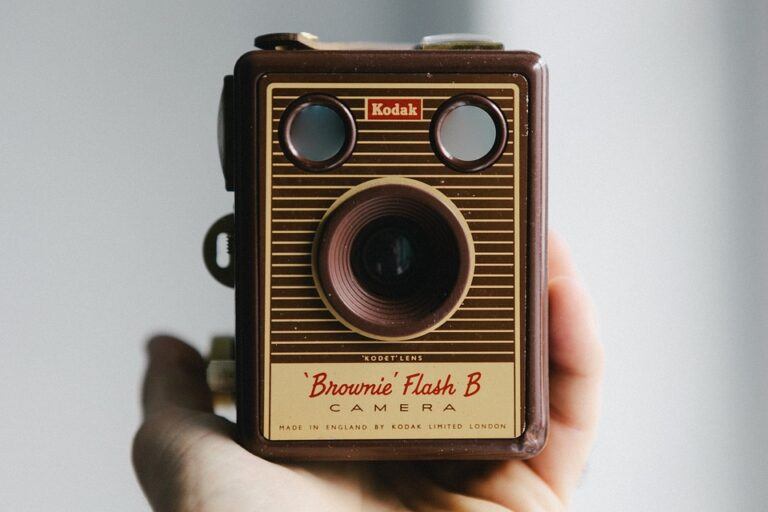It appears that the KODAKOne blockchain project, also known as KodakCoin, has made significant progress in the past year, despite much doubt from critics. KODAKOne was one of many blockchain projects to make news last year, but not much was expected from the project.
Many assumed that this was a desperate attempt by a struggling company to stay relevant, but it appears that the may have a real use-case and a legitimate innovation. Also, it is important to note that this project is not being developed by the traditional Eastman Kodak company, but the trademark was licensed by RYDE Holding, who is currently developing the project.
In a recent interview with Breaker, KODAKOne co-founder Cam Chell detailed how the project has already generated over $1 million in licensing claims for photographic rights, and this was just during a beta test launch.
Chell says that KODAKOne will harness the capabilities of artificial intelligence and integrate deep learning processes with blockchain technology. This platform could potentially be a source of revenue for professional and even amateur photographers.
Chell explained:
“The reason that more licensing [revenue] isn’t captured is because it’s just heavy lifting. Even in that professional market, you’re really [collecting licensing fees from] 20 percent of the market at best. The other 80 percent of that market is still not monetized . . . because of the cost of human intervention, as opposed to being able to have this on the blockchain and use smart contracts.”
Chell also predicted that many coins will be pegged to fiat. Chell says:
“Our prediction is that most of these coins are going to come out pegged to a fiat. But as coins become more successful, they will move into a floating model, because there’s just greater leverage for the corporate treasury to be able to work with. Just as [traditional currency] was at one time pegged to gold, and eventually came off that gold standard,”
Chell believes that the future is looking bright for the KodakCoin and KODAKOne. Chell added:
“Nobody had any expectation of the size of the press that was going to happen around Kodak doing a blockchain. It was never intended that we were doing a coin to raise $150 million to fund a startup. We certainly got thrown into that, because that’s what the market was looking for, and that’s what they thought ICOs were about. Out of the gate, we’ve always said, those were securities, and we’re a payment mechanism.Hopefully what we’re able to demonstrate is that one year later, all these ICOs who knew everything about everything . . . where are they today? We’re here today, and we’ve got a project and we’re generating revenue. And we’re just getting started.”
ICO Doubts
Last year at the height of the crypto bull market, a swarm of companies were making attempts to cash in on the craze with blockchain products of their own.
Some of these projects showed promise, while many others were dismissed as cash grabs or vaporware. The Long Island Ice Tea Company, for example, rebranded themselves as “Long Blockchain Corporation” and saw their stocks soar. The company’s timely rebranding prompted an investigation into their business practices, and they were never able to follow through on their blockchain promises.








